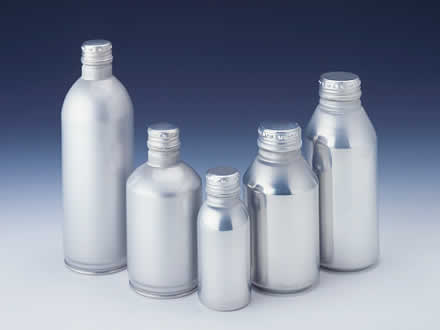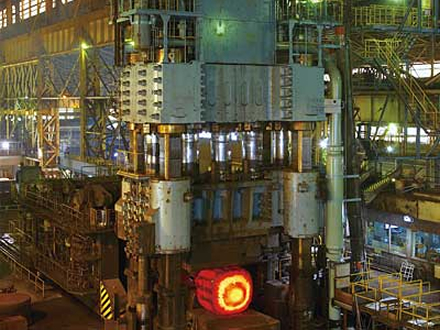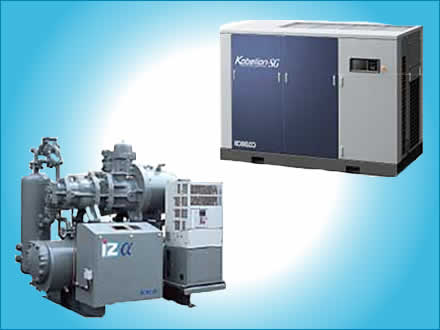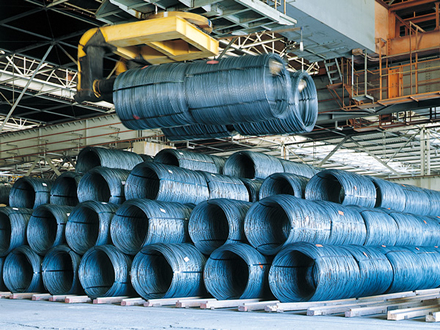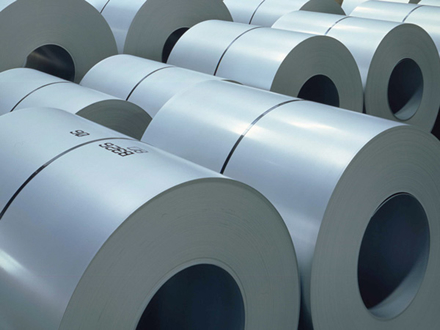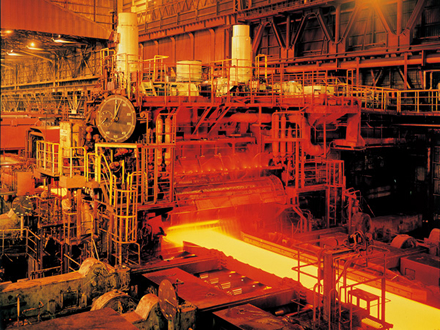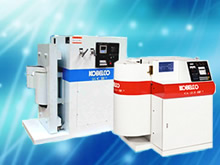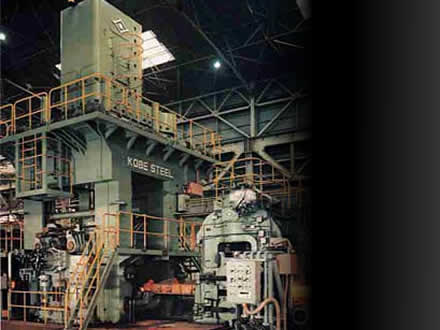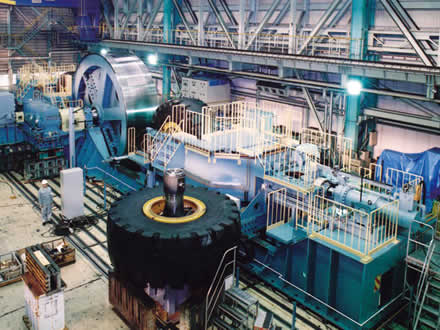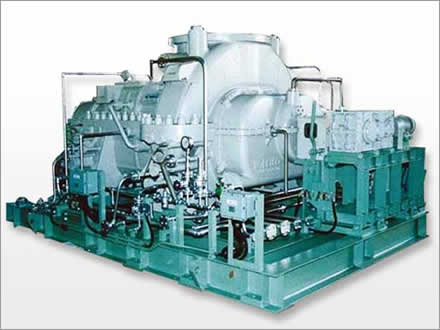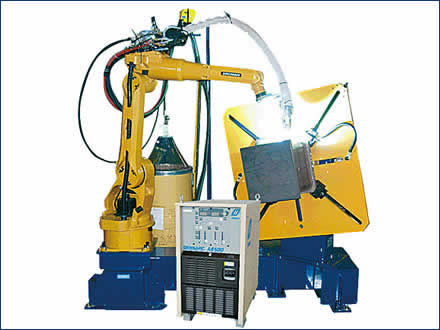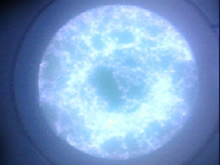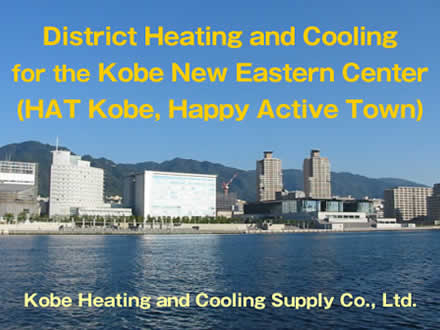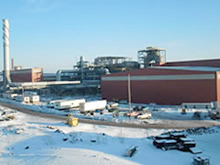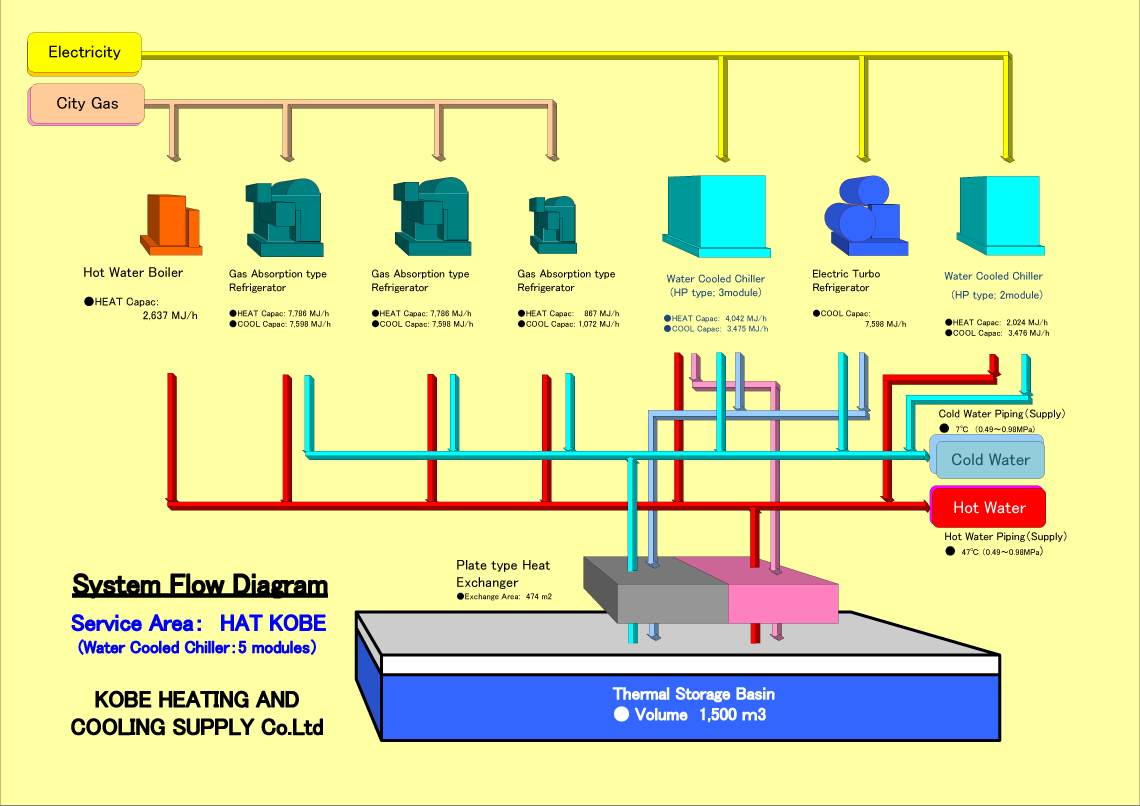Home > Products > Kobe Heating and Cooling Supply Co. Ltd.
 Kobe Heating and Cooling Supply Co., Ltd.
Kobe Heating and Cooling Supply Co., Ltd.
District Heating and Cooling in Kobe, Japan
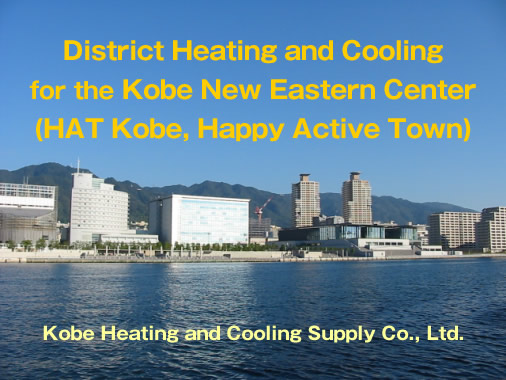
Kobe Heating and Cooling Supply Co., Ltd. is aiming for the creation of a safe and comfortable community and environmental friendliness from energy conservation through the supply of heating and cooling energy to the district
1. Company Profile
![]()
The development of the Kobe New Eastern Center (HAT Kobe) is one of the symbolic reconstruction projects following the Great Hanshin-Awaji Earthquake. In memorial of the Great Earthquake, for the issues related to “Health, Environment, Safety, Welfare and Culture” which support the dignity of life, HAT Kobe will be developed internationally and comprehensively with the aim of constructing a novel urban space, the results of which can widely contribute to the development of a human society.
According to the policy of HAT Kobe reconstruction, Kobe Heating and Cooling Supply Co., Ltd. supplies hot and cold water for district heating and cooling to the buildings, office, research, cultural, commercial and medical buildings, that are located around the center of HAT Kobe.
Through the supply of heating and cooling energy to the district, Kobe Heating and Cooling Supply Co., Ltd. is aiming to contribute to the creation of a safe and comfortable community and to being environmentally friendly through the conservation of energy.
- Company name:
- Kobe Heating and Cooling Supply Co., Ltd.
- Establishment:
- June 11th, 1996
- Headquarters:
- Postal code: 651-0073
1-5-1, Wakinohama Kaigandori, Chuo-Ku, Kobe, JAPAN
FAX:+81-78-261-6026 - Representative:
- Hirotoshi Kashima, President and Representative Director
- Business scope:
- 1. District heating and cooling in HAT Kobe
2. Research, engineering, and construction of cooling, heating, and hot water supply facilities, and the operation, management and leasing related to the above equipment. - Capital:
- 200 million yen
- Principal stockholders:
- Kobe Steel, Ltd. 51.0%
The Kansai Electric Power Co., Inc 24.5%
Osaka Gas Co., Ltd. 24.5%
2. Business Outline
![]()
District heating and cooling is one of the public utilities that operates under the approval of the Ministry of Economy, Trade and Industry, according to the Japanese Heat Supply Law, similar to electric and gas utilities.
The Japanese Heat Supply Law was revised and implemented from April 2016, and the registration system was changed.
The outline of the work in Phase-1 is as follows.
- Business licensed:
- September 24th, 1996
- Commencement of supply:
- April 1st, 1998
- Registration:
- April 1st, 2016
- Heating and cooling supply:
- Supplying cold water at 7°C and hot water at 47°C to customers for district heating and cooling.
Supply method: 4 pipelines (cold water/hot water, supply/return)
3. Plant Features
![]()
The plant utilizes a combined energy source system with electricity and natural gas and supplies stable cooling and heating energy without interruption 24 hours a day, 365 days a year.
The supplied energy is mainly used for air conditioning office spaces, stores, rooms, dwellings, and further used to control temperature and humidity for articles in exhibitions and art galleries.
The plant has been designed as environment friendly and disaster-proof according to the concept of the Kobe New Eastern Center (HAT Kobe) planning, and it will be expanded with the future development of HAT Kobe.
Large-scale distributed heat supply system
![]()
 Presently Plant No. 1 is operating.
Presently Plant No. 1 is operating.  Along with the increase in heat demand in HAT Kobe, plant heating capacity will be increased by expanding facilities or establishing distributed satellite plants with an expectation in the improvement of plant efficiency by the effective and flexible heat usage between plants.
Along with the increase in heat demand in HAT Kobe, plant heating capacity will be increased by expanding facilities or establishing distributed satellite plants with an expectation in the improvement of plant efficiency by the effective and flexible heat usage between plants.
Stable and reliable heat supply system
![]()
 To improve reliability of the energy source, the plant utilizes dual high-voltage power lines and a medium-pressure city gas pipeline.
To improve reliability of the energy source, the plant utilizes dual high-voltage power lines and a medium-pressure city gas pipeline.  Hot and cold water is supplied by underground pipelines which are durable and hardened against disasters such as earthquakes.
Hot and cold water is supplied by underground pipelines which are durable and hardened against disasters such as earthquakes.
High-energy-saving heat supply system
![]()
 Thermal water storage levels the electric power load by storing heat at night and release heat during the day.
Thermal water storage levels the electric power load by storing heat at night and release heat during the day.  Equipment is installed to meet the variable heat demand during the day and for the season to achieve high efficiency operation.
Equipment is installed to meet the variable heat demand during the day and for the season to achieve high efficiency operation.  Even higher-efficiency operation is achieved by applying double bundle chillers.
Even higher-efficiency operation is achieved by applying double bundle chillers.
A heat supply system that protects the metropolitan and global environment
![]()
 The plant contributes to the mitigation of global warming by reducing CO2 emissions by the plant's energy conservation.
The plant contributes to the mitigation of global warming by reducing CO2 emissions by the plant's energy conservation.  The plant also contributes to the mitigation of the heat island phenomenon in the city by integrating the plant's chimneys and cooling towers.
The plant also contributes to the mitigation of the heat island phenomenon in the city by integrating the plant's chimneys and cooling towers.  The goal of enhancing a safe and comfortable urban function, such as beautifying rooftops and implementing roof gardens.
The goal of enhancing a safe and comfortable urban function, such as beautifying rooftops and implementing roof gardens.
A heat supply system with urban disaster prevention functions
![]()
 The thermal storage water basin normally stores a huge amount of water which can be used in emergencies such as for fire fighting or for use during disasters. It contributes to a sense of safety and security for residents.
The thermal storage water basin normally stores a huge amount of water which can be used in emergencies such as for fire fighting or for use during disasters. It contributes to a sense of safety and security for residents.

4. System Configuration
![]()
System Flow Diagram
![]()
Plant No.1 is located in the International Health Development Center Building (IHD Building). The system is designed so that it takes advantage of both the electricity system and the city gas system and that contributes to a stable supply of energy and levels the peaks of electricity and gas demand.
Electricity system
![]()
The main system consists of turbo refrigerator, water cooled chillers, and thermal storage water basin.
Gas system
![]()
The main system consists of the gas absorption refrigerators and heaters, and hot water boiler.
5. Service Area
![]()
The licensed service area covers the middle of the Kobe New Eastern Center (HAT Kobe) where office, research, cultural, commercial, and medical buildings are located. It has an area of about 19 hectares.
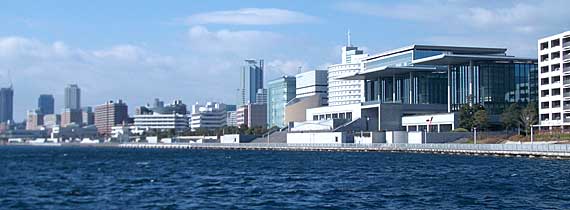
For an explanation of district heat and cooling from
The Japan Heat Service Utilities Association:

